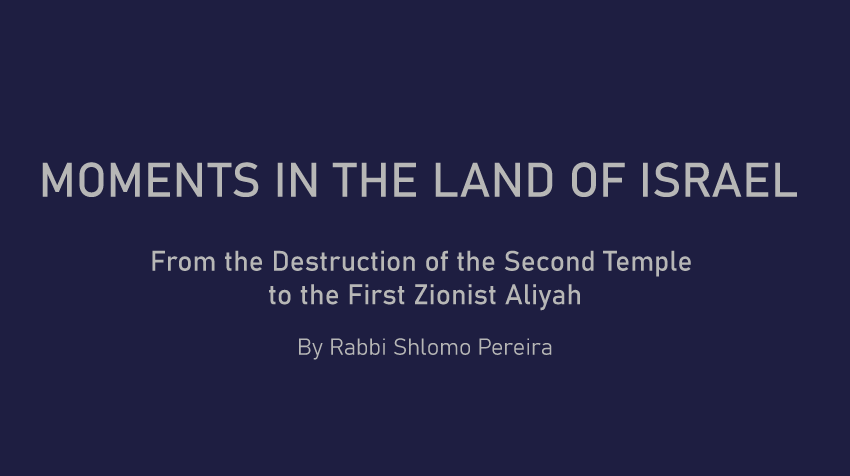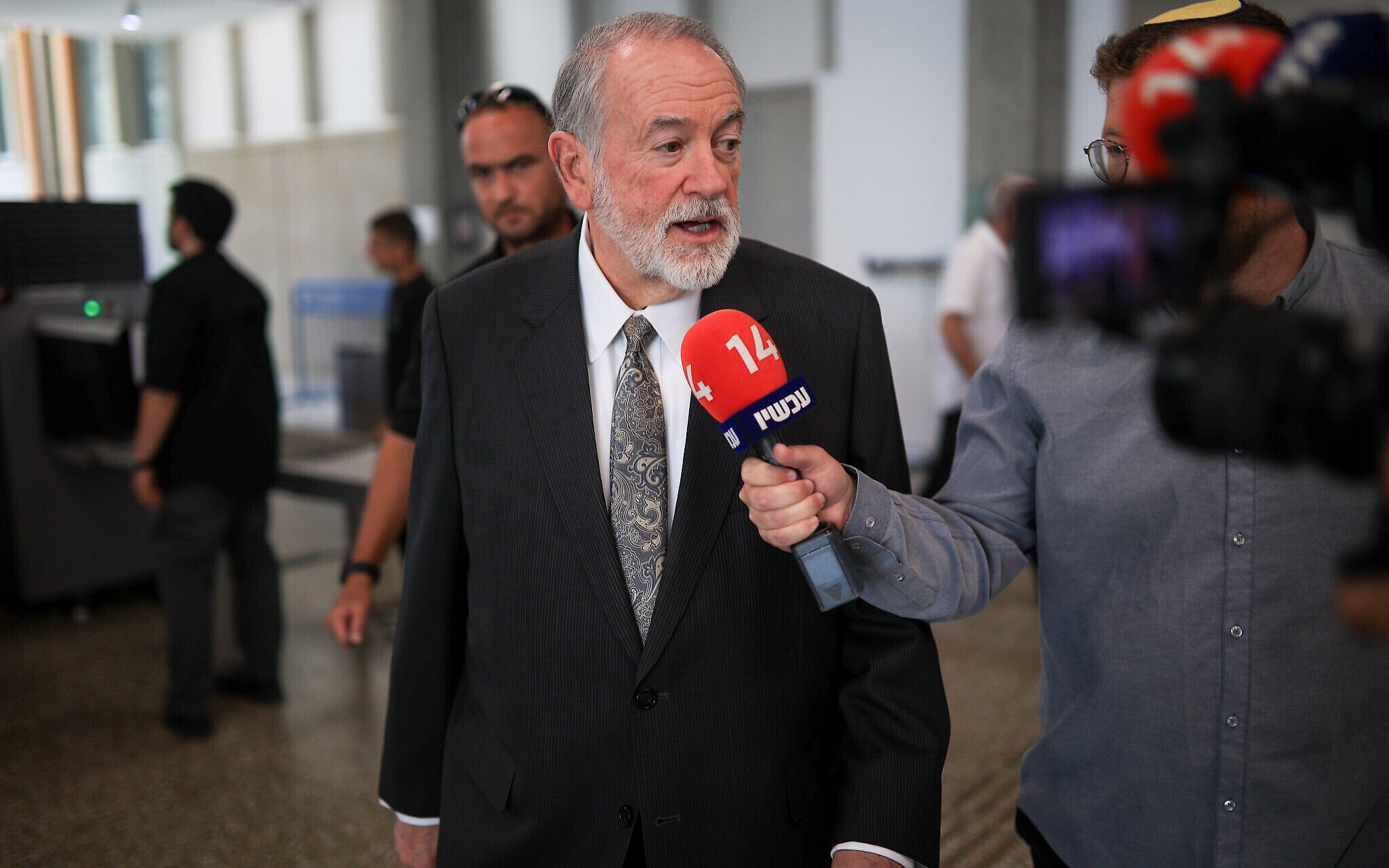Highlighting the permanent Jewish presence and the relevance of Jewish contributions in Eretz Israel as well as the continuous connection between Diaspora Jews and Eretz Israel throughout the centuries between the Destruction of the Second Temple and the onset of modern Zionism, through a series of one-page notes distributed weekly.
DID YOU KNOW THAT... in 921 a great controversy erupted in the Jewish world about the exact details of the Hebrew calendar for the next few years? For almost five centuries the Hebrew calendar had been calculated according to mathematical formulas decreed in 359 CE by the Great Sanhedrin under Hillel II, a descendent of the great sage Hillel, the Elder, as opposed to direct observations of the phases of the moon as it was biblically mandated. In that year, on Sukkot, from the Mount of Olives in Jerusalem, the leaders of the Land of Israel led by R. Aaron ben Meir announced the calendar for the next three years according to their calculations. The sages of Babylon, then the major center of scholarship in the Jewish world, however, had calculated the calendar differently. The difference was due to a rarely relevant technical detail regarding the determination of the first day of the month of Tishrei, a detail with implications for the number of days in the months of Tishrei and Kislev. The technical disagreement soon evolved into a more fundamental controversy. While the sages of Babylon argued that their calculations should prevail as they were more accurate, the sages of the Land of Israel, claimed that they alone, based on the chain of tradition from the Sanhedrin, had the prerogative of setting up the calendar. As a result of this controversy, for the next few years Jews in different parts of the world celebrated the Holidays on different dates, specifically two days apart. In the middle of rather acrimonious exchanges, R. Sadia Gaon [c.892-942] in Babylon wrote a detailed rebuttal of the calendar calculations of the sages of Israel in ‘Sefer HaMo'adim’, ‘Book of Festivals, thus helping to prevent an imminent split in the Jewish community worldwide. Indeed, the calculations of the sages of Babylon ultimately prevailed. Yet, the challenge presented by the sages of the Land of Israel stands as a testimony to their continued importance in the Jewish world even at this late date.


































